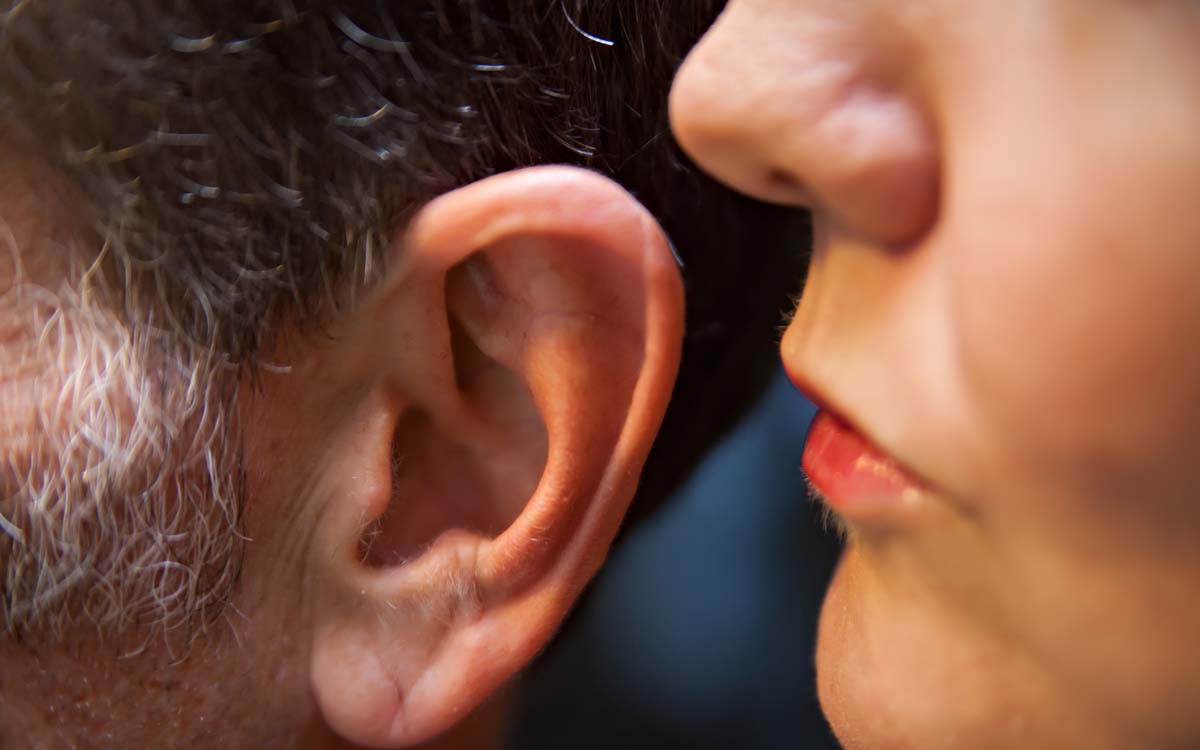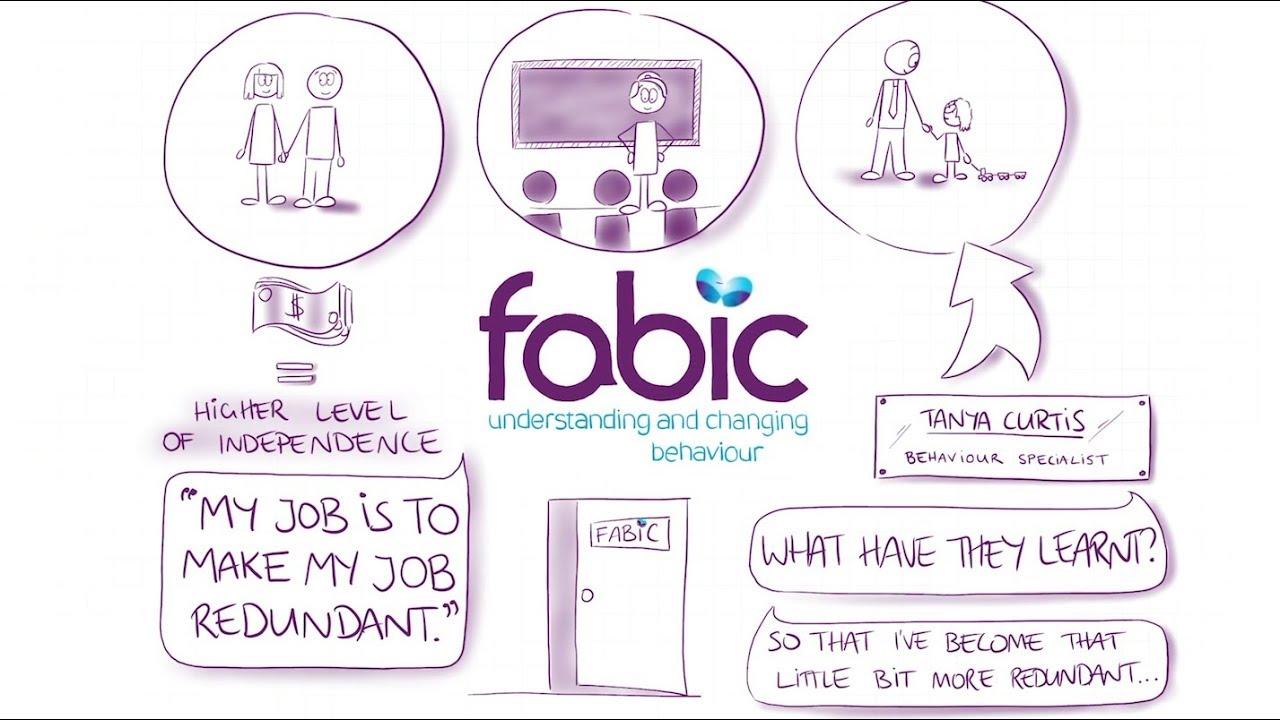You sometimes hear adults with a lisp or who have trouble saying ‘r,’ but speech pathologists rarely work with adults on how to produce speech sounds. In addition to working with children, speech pathologists also work with adults in any area that impinges on their ability to communicate and swallow effectively.
For example, did you know that speech pathologists can teach adults who’ve had their larynx (voice box) removed due to throat cancer to swallow air and produce words by burping it back up again?
Below is a brief summary of the areas in which speech pathologists can support adults with their communication and swallowing.
Accent Modification
Speech pathologists can work with non-native English speakers to reduce their accent and increase the clarity of their spoken English.Alternative and Augmentative Communication
Speech pathologists can work with adults who have little or no speech due to a disability, brain injury or stroke to use an alternative means of communicating, such as picture based systems and devices that speak for the person. These supports can also be used to supplement the communication that the person already has.Acquired Brain Injury
People who have suffered neurological damage due to a stroke or head injury often have varying degrees of difficulty understanding and producing speech and language. Speech pathologists can work with these people to support them to redevelop these communication skills as well as providing alternative means of communicating when needed.Laryngectomy
People who have had their larynx (voice box) removed due to throat cancer or trauma to the neck, will work with a speech pathologist to develop ways of speaking using an artificial source of sound. This could include esophageal speech (swallowing air and then shaping words as the air is brought back up), insertion of a prosthesis or use of a hand held device that creates a vibration in the throat that can then be shaped into words.Stuttering
Speech pathologists provide assessment and treatment services to adults who stutter to treat and manage their dysfluency.Swallowing and Feeding
The nerves in the head and neck needed for eating and swallowing are often compromised in stroke patients and people with degenerative conditions. A speech pathologist can assess the person’s capacity to eat and drink safely, without choking or having the food and drink enter their lungs. Often strategies will be provided to support safe eating and drinking as well as recommending modifications to the consistency of the food and drink the patient can consume.Voice
Speech pathologists can provide assessment and treatment to adults with a range of voice disorders. They can also support professional voice users such as presenters and singers to make sure they are using their voices in a way that will not lead to lasting damage.Our speech pathologist Kathryn offers speech pathology services at Fabic. Kathryn works primarily with children and has a particular interest in autism.
Please contact Fabic for more information or to make an appointment







